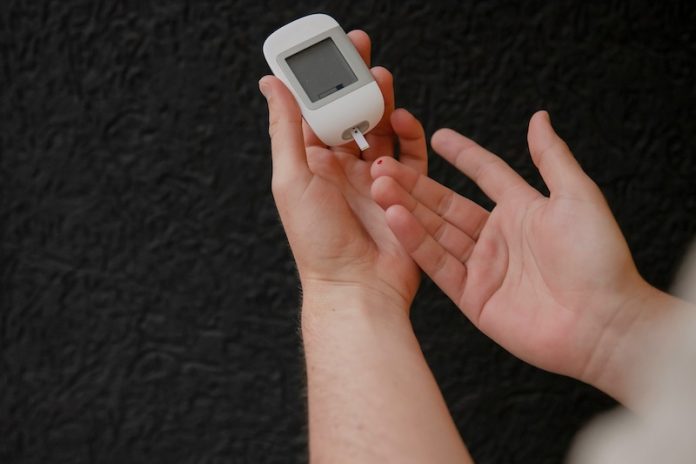
We often hear about how the brain helps us during emergencies, but did you know it also plays a role in keeping your blood sugar steady during everyday life—especially while you sleep?
A new study from the University of Michigan has revealed how certain brain cells help the body maintain healthy glucose levels, even during quiet moments like bedtime.
The study, published in the journal Molecular Metabolism, focused on a small group of brain cells in the hypothalamus—a part of the brain that controls hunger, body temperature, emotions, and more.
These particular cells are located in an area called the ventromedial nucleus, and they contain a special protein known as the cholecystokinin b receptor. Scientists refer to these as VMHCckbr neurons.
Dr. Alison Affinati, the lead researcher and a professor at the Caswell Diabetes Institute, explained that most past studies only looked at how the brain helps raise blood sugar during emergencies, like when we’re very hungry or stressed.
But she and her team wanted to know if the brain also plays a role in managing blood sugar during normal, everyday activities—because this is when diabetes often begins to develop.
To find out, the researchers used mice and turned off the VMHCckbr neurons. They found that the mice had trouble keeping their blood sugar levels steady, especially during the early hours of the night, between dinner and breakfast. This is the period when we’re not eating but still need energy to keep the body running.
So how do these brain cells help? The neurons trigger a process called lipolysis, where the body breaks down fat into a substance called glycerol. Glycerol can then be used to make glucose, or sugar, to keep the brain and body fueled during the night.
When the researchers turned these neurons back on, the mice had more glycerol in their systems, proving the neurons were working to release fat and help make sugar.
Interestingly, this could help explain why some people with prediabetes show signs of increased fat breakdown during the night. The researchers believe that these neurons might be too active in such people, causing blood sugar levels to rise while they sleep.
Even more fascinating, these neurons don’t control everything. They only manage fat breakdown, so other brain cells are likely working in different ways to help control sugar levels too.
This discovery changes how scientists think about blood sugar control. It’s not just a simple “on or off” switch—it’s more like a team effort among different types of brain cells working together.
Dr. Affinati and her team are now trying to understand how all these neurons communicate and how they work with other parts of the body, like the liver and pancreas, to keep sugar levels in check during times like fasting, eating, and stress.
Their work is part of a broader effort at the University of Michigan’s Caswell Diabetes Institute to understand how the brain and nervous system affect metabolism and diseases like diabetes.
If you care about diabetes, please read studies about This drug combo can treat type 2 diabetes in the long run effectively and findings of Eating fewer than 3 meals a day may help reduce risk of type 2 diabetes and obesity.
For more about diabetes, please read studies about How to choosing the right fruits for type 2 diabetes and findings of New higher dose diabetes drug promises better blood sugar control and weight loss.
The study is published in Molecular Metabolism.
Copyright © 2025 Knowridge Science Report. All rights reserved.



